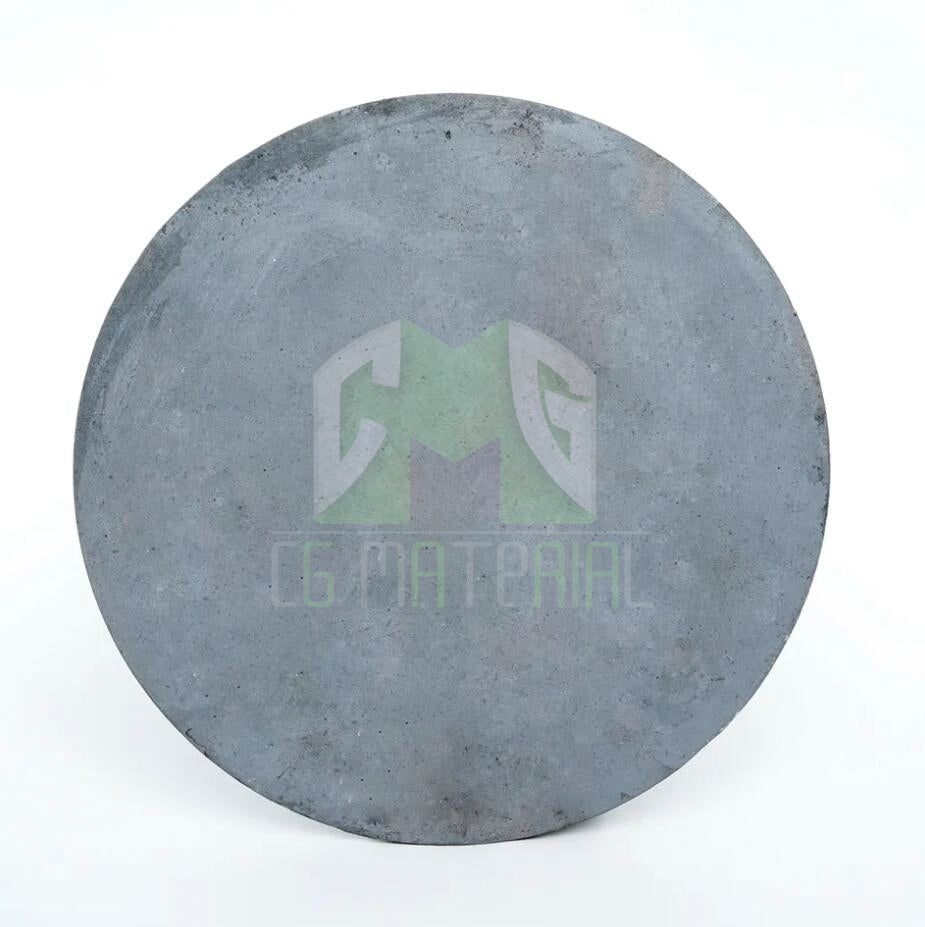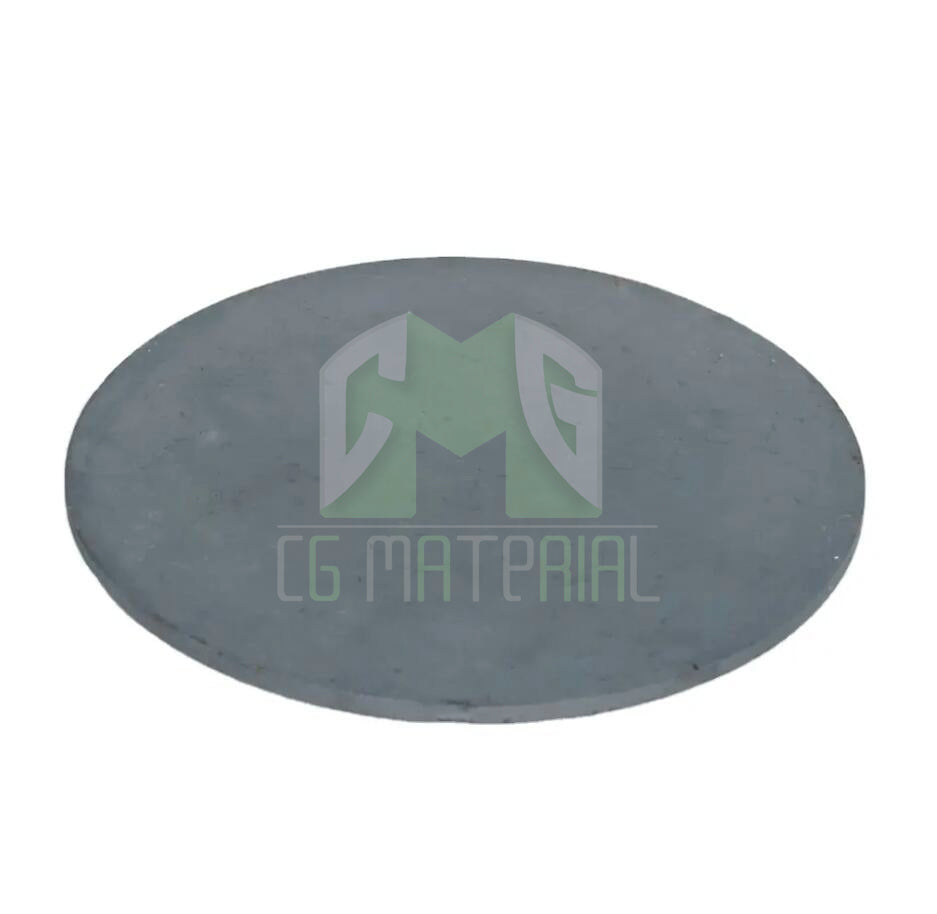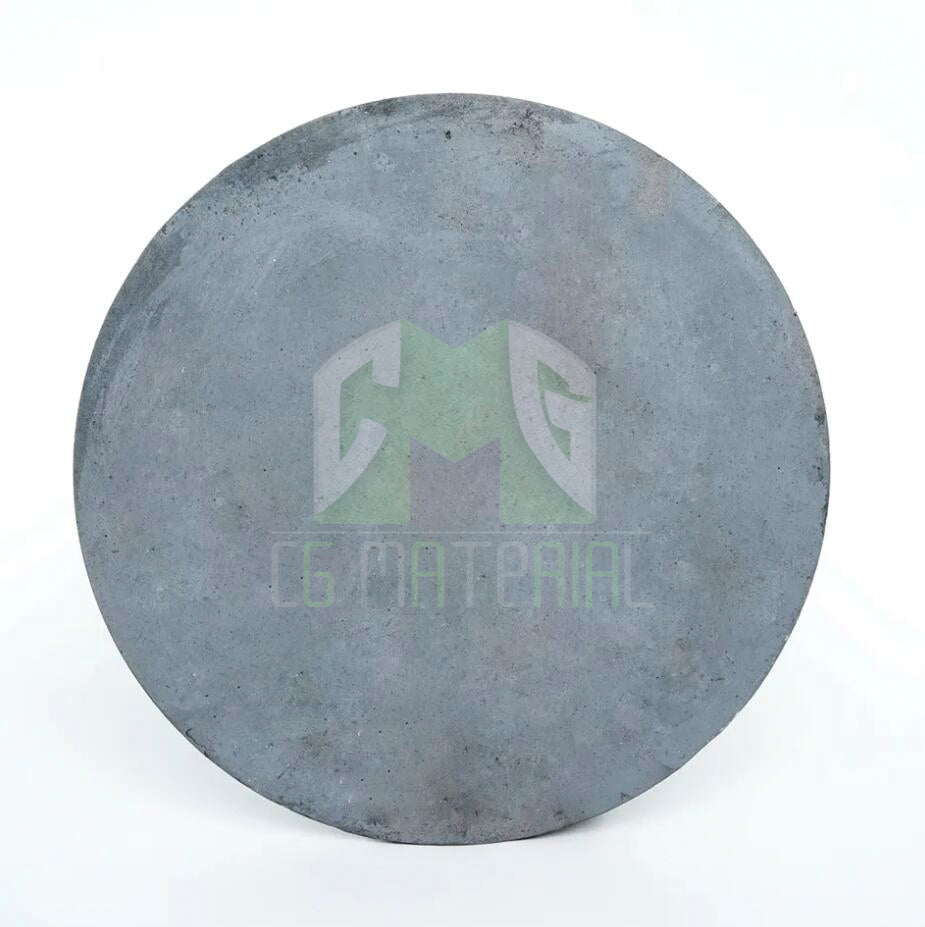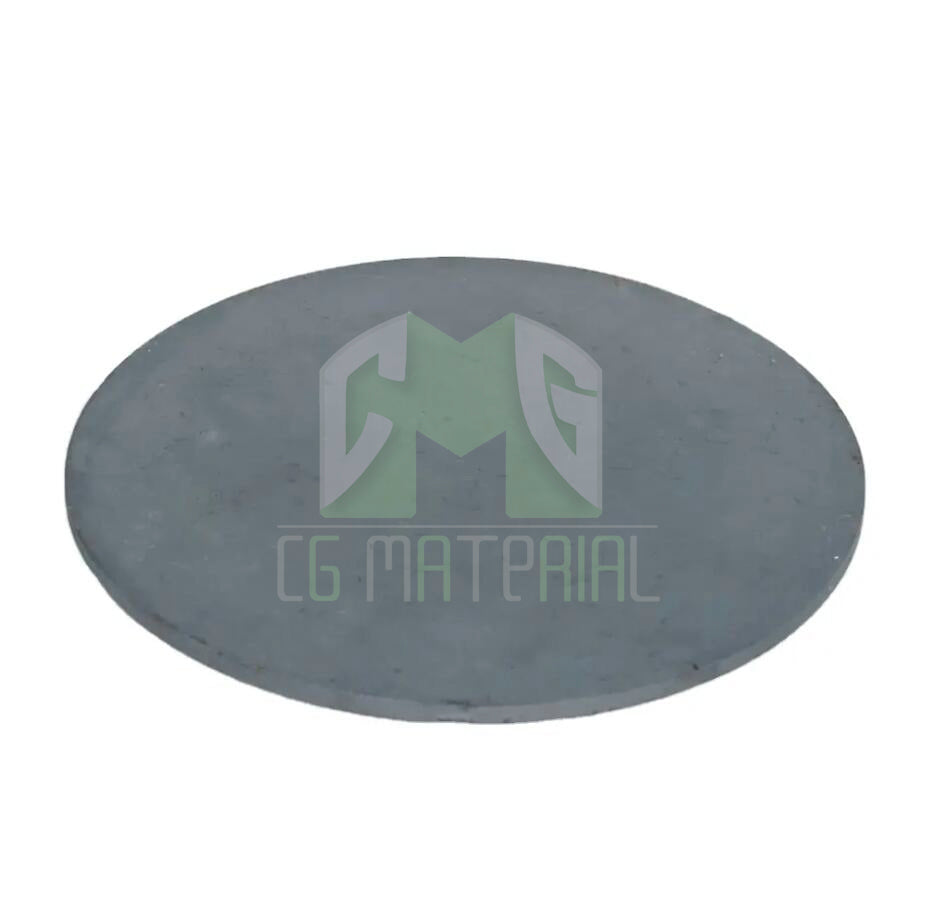CG MATERIAL
Silicon Carbide Plate, SiC Plate
Silicon Carbide Plate, SiC Plate
Silicon Carbide (SiC) plates are high-strength ceramic plates that are widely used in industrial applications due to their exceptional mechanical, thermal, and chemical properties. These plates are made by sintering SiC powder at high temperatures, resulting in a dense and hard material that offers excellent resistance to wear, corrosion, and high temperatures.
SiC plates are known for their high mechanical strength and toughness, making them ideal for use in demanding applications such as armor and ballistic protection, cutting tools, and wear-resistant components. They also have excellent thermal properties, including high thermal conductivity and low thermal expansion, which makes them ideal for use in high-temperature applications.
In addition, SiC plates have excellent chemical resistance, making them ideal for use in harsh chemical environments. They are resistant to many acids, bases, and oxidizing agents, and can withstand exposure to corrosive gases and liquids.
SiC plates are available in a range of sizes, thicknesses, and shapes to meet different application requirements. They can be machined, drilled, and shaped using standard machining tools, making them easy to fabricate and install. They can also be used in combination with other materials, such as metals, polymers, and ceramics, to create high-performance composites.
Overall, Silicon Carbide (SiC) plates are a reliable and high-performance material with exceptional mechanical, thermal, and chemical properties. Their unique combination of properties makes them ideal for use in a wide range of industrial applications, including armor and ballistic protection, cutting tools, wear-resistant components, and high-temperature applications.
Silicon Carbide Ceramics Properties
| Compound Formula | SiC |
| Molecular Weight | 40.1 |
| Appearance | Black |
| Melting Point | 2,730° C (4,946° F) (decomposes) |
| Density | 3.0 to 3.2 g/cm3 |
| Electrical Resistivity | 1 to 4 10x Ω-m |
| Poisson's Ratio | 0.15 to 0.21 |
| Specific Heat | 670 to 1180 J/kg-K |
Silicon Carbide Ceramics Specification
| CAS#: 409-21-2, Not Hazardous | |||
| Powder, F.W. 40.10, m.p. 2700 °C, Spec. Gravity 3.217 gm/cm3 | |||
| Item No. | Description | Purity | Lot Size |
| CB14-85 | Silicon Carbide Powder Particle Size:18, 30, 40 or 200 mesh |
> 85 % F.C. < 2.5%, Fe2O3 < 2%, Al2O3 < 1.2% |
Customize |
| CB14-90 | Silicon Carbide Powder Particle Size:18, 30, 40 or 200 mesh |
> 90 % F.C. < 1.5%, Fe2O3 < 1.2% |
Customize |
| CB14-98 | Silicon Carbide Powder Particle Size:18, 30, 40 or 200 mesh |
> 98 % F.C. < 0.6%, Fe2O3 < 0.7% |
Customize |
Silicon Carbide Ceramics Applications
Until the invention of boron carbide in 1929, silicon carbide was the hardest synthetic material known. It has a Mohs hardness rating of 9, approaching that of a diamond. In addition, SiC crystal has fracture characteristics that make them extremely useful in grinding wheels and in abrasive paper and cloth products.
Its high thermal conductivity, together with its high-temperature strength, low thermal expansion, and resistance to chemical reaction and thermal shock, makes silicon carbide valuable in the manufacture of high-temperature bricks and other refractories.
SiC ceramic is also classed as a semiconductor, having an electrical conductivity between that of metals and insulating materials. This property, in combination with its thermal properties, makes SiC a promising substitute for traditional semiconductors such as silicon in high-temperature applications.
Silicon Carbide Plate Specifications
| Recrystallized SiC | Sintered SiC | Reaction Bonded SiC | |
| Purity | 99.5% | 98% | SiC ≥ 82% Si: 15%~20% |
| Max. Working Temp. (C) | 1650 | 1550 | 1300 |
| Bulk Density (g/cm3) | 2.7 | 3.1 | > 3 |
| Appearance Porosity | < 15% | 2.5 | 0.1 |
| Flexural strength (MPa) | 110 | 400 | 380 |
| Compressive strength (MPa) | > 300 | 2200 | 2100 |
| Thermal expansion (10^-6/`C) | 4.6 (1200℃) | 4.0 (< 500℃) | 4.4 (< 500℃) |
| Thermal conductivity (W/m.K) | 35~36 | 110 | 65 |
| Main characteristics | High temp. High resistance. High purity |
Fracture Toughness | Chemical Resistance |
Silicon Carbide Plate Advantages
SiC plates provide:
Large plate capability
Purity and grain size consistency
Quick turn capability and precision grinding
Silicon Carbide Plate Applications
-Silicon carbide is an ideal material for sealing rings and bearings.
-Silicon carbide is frequently used in semiconductor and coating industries.
Packaging
We handle our products with care to ensure they remain in their original condition during storage and transportation and to preserve their quality.




